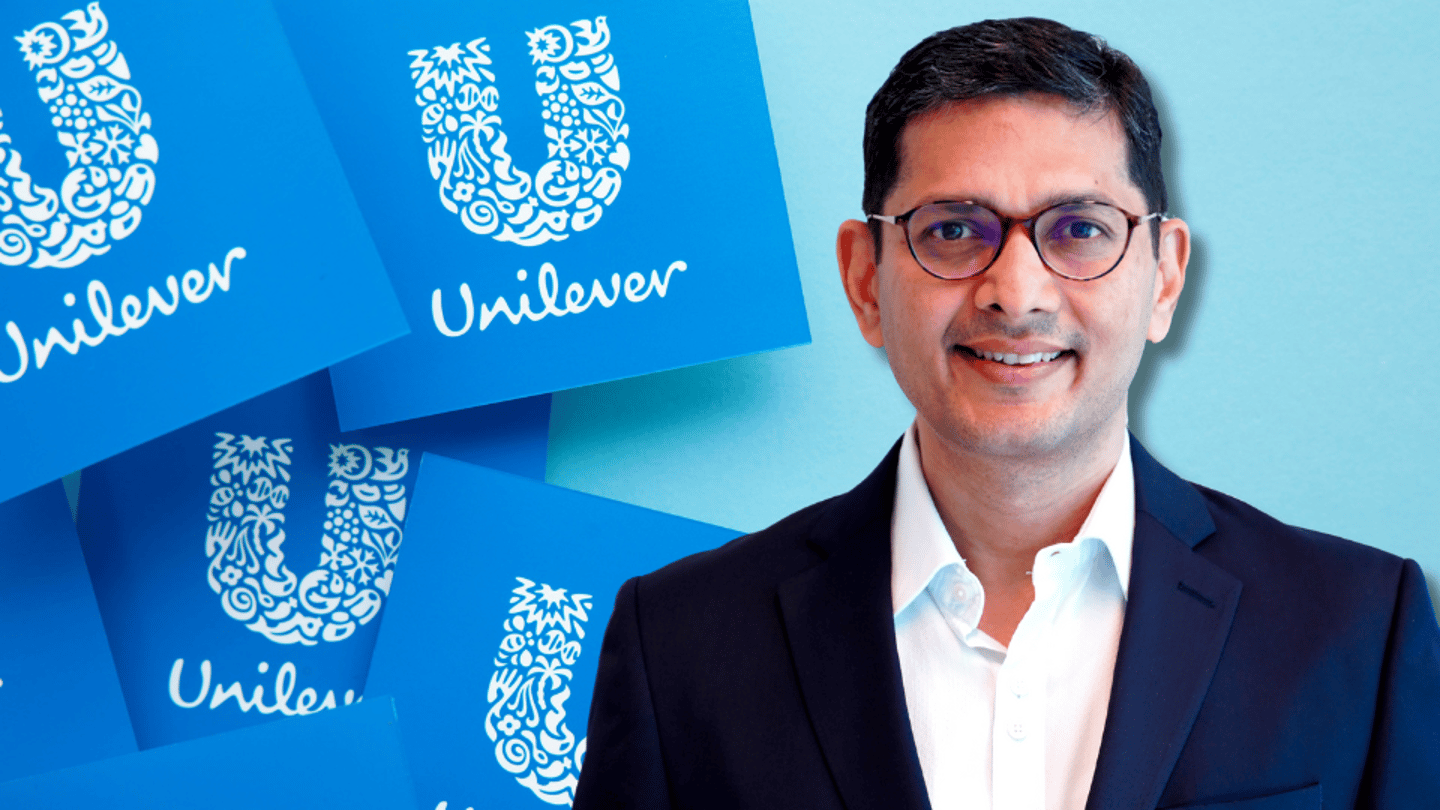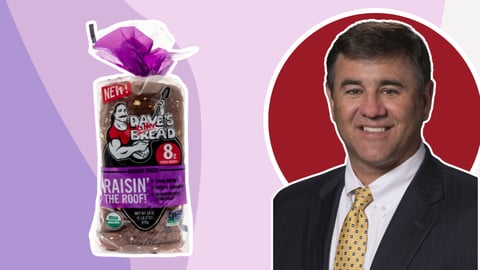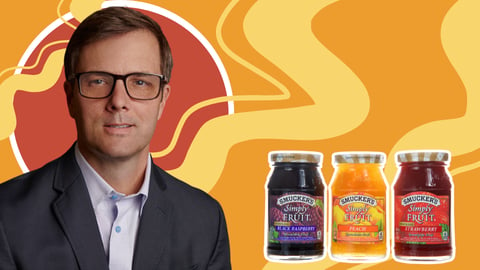Measuring Impact In Underserved Markets: How Unilever Is Bolstering White-Space Supply Chain Resiliency
Unilever is shoring up its supply chain infrastructure within some emerging markets, leveraging technologies like artificial intelligence to remain resilient and help scale-up promising growth brands and areas.
CGT connected with Amit Mohta, VP of supply chain at Unilever International (UI), the CPG's business unit focused on identifying and serving white space markets, for a closer look at how they're balancing cost competitiveness, speed to market, and flexibility to support global operations.
More Insight on the Future of Supply Chain Tech From This Gartner Research
Supporting operations to remain both collaborative and scalabe means carefully coordinating with partners, including upstream raw and packaging supply and ocean freight relationships, notes Mohta, and the latter has seen significant development post-pandemic in both cost-effectiveness and carbon efficiency.
As part of this, they're currently working on end-to-end digitization for ocean freight with a Singapore-based startup.
More About Unilever International
Described by Unilever as its white space partner, Unilever International is fully integrated with the company's category and country teams to identify segments that are too niche, small, or hard-to-serve, or that are non-strategic for the mainstream business. UI then seeks to develop and incubate brands that can quickly fill these needs — which it hands to category and country teams once they've scaled up.
Areas of supply chain challenges include regulatory and compliance, logistics load, connectivity and timeliness, and payment mechanisms.
Building in Resiliency Via Digitalization
When integrating technology into the supply chain for these emerging markets, the company takes a proactive risk management approach that's digitally integrating manufacturing, procurement, and R&D processes to anticipate revenue, identify alternate sourcing, and better asses risk and plan mitigation strategies.
The company has also leaned on partnerships for implementations, such as with Capgemini, which has provided process knowledge to both UI’s internal and external customers, and with hackathons to help identify areas of opportunity.
For example, great potential is viewed with predictive analytics, they've increased investments in tools that analyze historical trends to predict demand patterns. Additionally, CRM tools highlight business opportunities with existing customers in cross-selling, and cost benchmarking on global sourcing efforts delivers comprehensive insights on how UI can respond to fluctuating currency and emerging manufacturing tech.
“Our overall digital architecture has evolved a lot in the last couple of years,” says Mohta. “We have invested time and resources to build a platform that enables global collaboration between a large number of customers, internal teams, and soon with our vendors.”
When considering which technologies to invest in, UI evaluates potential business impact and implementation timelines. Typical KPIs include customer service, net productivity, and people experience.
“These tools are guided by clear objectives and measurable outcomes, with a focus on adopting or creating innovative solutions. Ultimately, we gauge the success of our technology by improvements in customer service, cost reduction, and employee satisfaction,” he says.
Future of Work
In order to support these efforts, UI has developed workforce strategies to ensure employees can seek out growth opportunities within its supply chain and digitalization efforts.
“We introduced ‘Shape Your Own Adventure’ — a new career philosophy that gives employees ownership and accountability for their personal development, with the company providing the guardrails of career possibilities,” he says. “This allows for a unique approach, where employees feel empowered, and the business generates future talent with high learning ability.”
Also, the company’s UI-Varsity program gives employees a place to acquire deep technical knowledge in their chosen field.
An Enterprise-Wide Transformation
As the company forges a new path under new CEO Hein Schumacher, supply chain innovation has been a key priority around the globe. The company launched a retail partner service in India last year that enables small-scale Kirana stores to directly connect with sellers and place orders 24/7.
Additionally, Unilever has been using a trio of robots alongside 250 R&D experts at its Materials Innovation Factory (MIF) in Liverpool to help develop science-backed products through the power of automation.
The work at UI continues: Mohta says they're exploring generative AI, payment flow, and cross-border documentation technology, as well as applying scouting tools to bring in more innovative vendors.
“We have also set our sights on establishing anti-fragile supply chains that can anticipate and avoid potential disruptions in our operations,” he says. “With the supply chain industry going through so many changes in recent years, this has taught us the importance of being proactive, prioritizing design features for volatility, and turning them into competitive advantages.”






